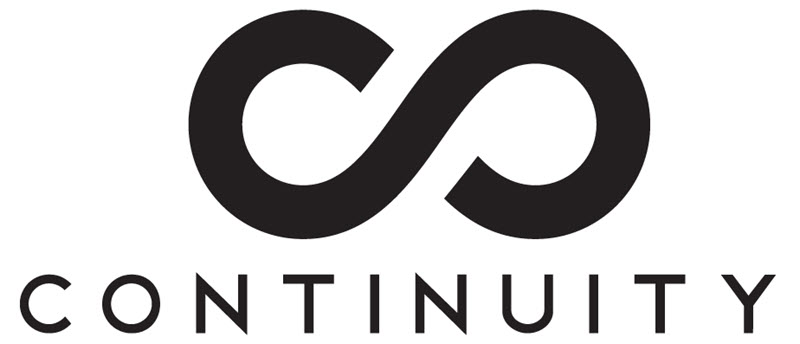Teenagers inevitably face scrutiny over how old they look. It might be as small as being told you look young for your age or that they can’t believe you look so mature.
When I was younger, it seemed like one of the best compliments you could get; however, over the past few years, the idea of looking old for my age terrifies me.
I remember the first time I noticed a discrepancy in the mirror. Like most teenagers, I experienced my first acne breakout. However, for me, it only seemed to get worse.
Having a few pimples and blemishes isn’t uncommon, but it was an aspect of myself I could not ignore. Soon enough, my skincare routine began, and I used the most simplistic products to help my face, and for a time, it was enough. However, a little over a year ago, I noticed a dramatic switch in the language of aging.
The number of products I have seen that promise to reverse the aging process seemed too good to be accurate, and the only way my opinion was changed was through other people’s experiences.
The transparency of others’ experiences and the accessibility of these products made me impulsively buy retinol, a common anti-aging product. I started with the lowest dosage to acclimate my skin, and I truly trusted the process. I planned to increase the dosage eventually.
I remember the sense of urgency I had, imagining that this would be the product that would change my overall appearance because of the experience of individuals decades older than me. However, immediately, despite tips on using retinol properly and not breaking out, my skin was worse than when I started, and my skin barrier was irritated.
This experience gave me insight into how teenagers using anti-aging products is one of the worst things they can do for their skin. The situation only got worse because that poor experience was not an isolated incident. It felt like I was trying products others swore by every month but to no avail.
The products on my nightstand made me realize the quantities I have used, though not all are anti-aging products. The ability to do a routine that makes you feel like you’re improving yourself feels satisfying. Over the past few months, I have noticed a multitude of articles on why Gen-Z is aging worse and the negative connotations that it has brought up for aging,
I understand that this is the need to grow up and feel mature. Despite the array of claims, I do not think there is a problem with the Gen-Z generation aging because I haven’t met anyone my age who genuinely looks bad for their age. I believe that despite the unnecessary products that don’t do anything, incorporating a skincare routine is an amenity everyone should consider.
Over the last few years, I realized that my simplistic approach was the most efficient thing I could have achieved because it allowed my skin to breathe with a lightweight cleanser and SPF. It feels so easy to make yourself believe that you look worse than you do just because you might have fine lines around your eyes, neck, or mouth.
I recognize that everybody wants to feel their best, but postponing the inevitable seems like a waste of time. It may be redundant to say how social media makes individuals feel like they need to continue with these unreachable standards. Still, it’s crucial to remember that having extreme expectations of how you think you should look, especially during such a formative age, is not realistic or healthy.







